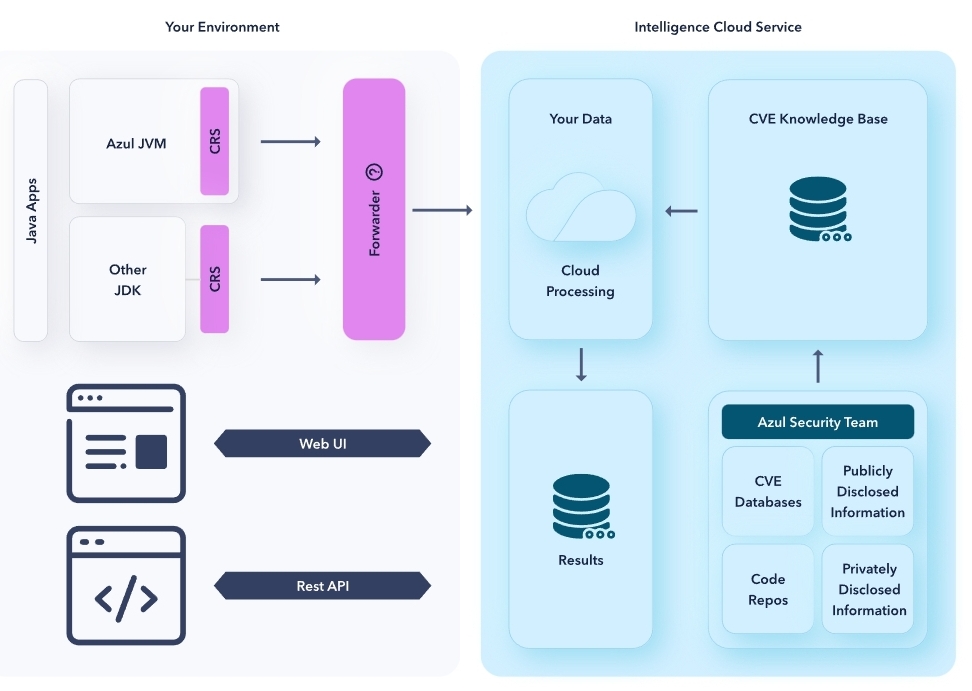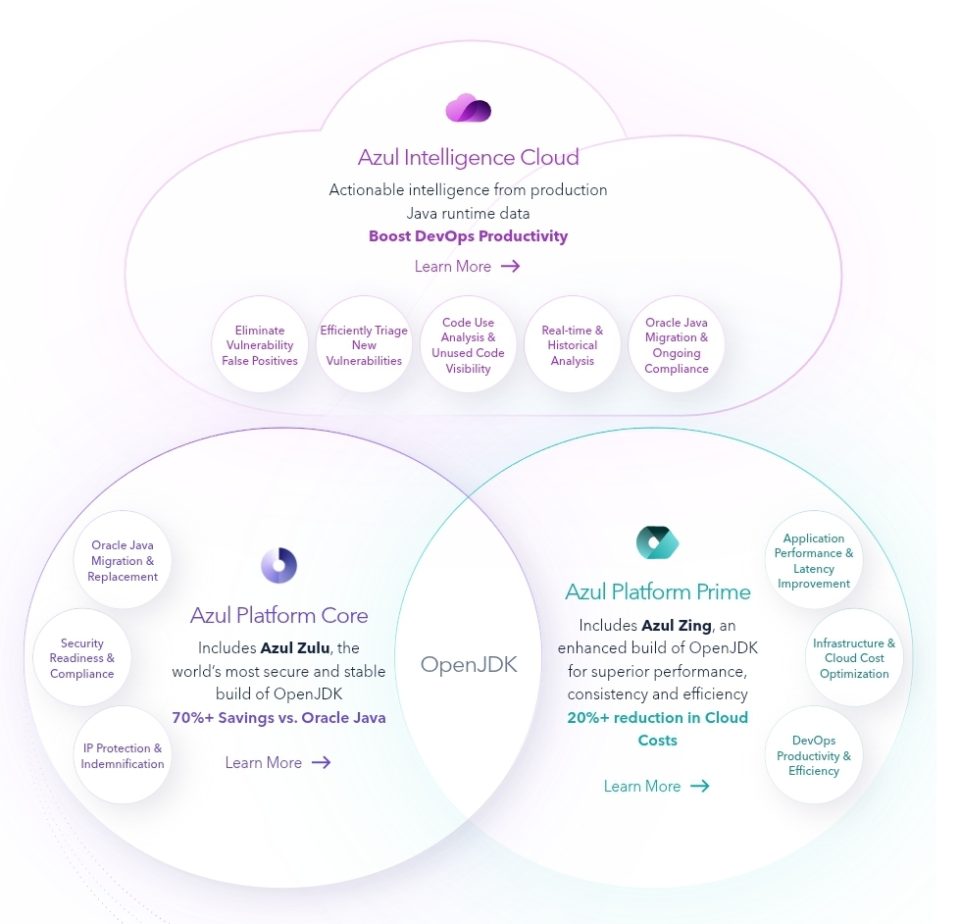How Precision Security Tools Transform Customer Experience Through Better Developer Productivity
Security vulnerabilities create ripple effects that ultimately impact customer experience. However, traditional Java vulnerability detection tools often create more problems than they solve. Furthermore, these tools overwhelm development teams with false positives, consequently slowing down innovation and degrading service quality.
The Hidden CX Cost of Security False Positives
DevOps teams waste precious time chasing phantom threats instead of enhancing customer experiences. According to recent research, 33% of organizations report that over half their DevOps capacity gets consumed by false positive alerts. Moreover, this massive resource drain directly affects product development cycles and customer satisfaction.
Traditional AppSec tools flag vulnerabilities whenever components appear in applications, regardless of actual usage. Subsequently, teams spend countless hours investigating non-existent risks while real customer needs remain unaddressed. Additionally, this inefficient approach creates bottlenecks that delay feature releases and bug fixes.
Meanwhile, customers experience slower response times and delayed product improvements. Therefore, enterprises desperately need solutions that eliminate security noise while maintaining robust protection. Ultimately, better Java vulnerability detection directly translates to improved customer experiences.
Revolutionary Class-Level Detection Changes Everything
Azul Intelligence Cloud introduces game-changing precision through class-level Java vulnerability detection. Instead of flagging entire components, this innovative approach identifies only vulnerable code paths actually used in production. Consequently, organizations achieve 100x to 1000x reduction in false positives compared to traditional tools.
This breakthrough technology analyzes runtime data to pinpoint genuine security risks. Furthermore, it eliminates up to 99% of false positives that previously consumed valuable development resources. As a result, DevOps teams can focus on activities that directly enhance customer value.
Consider the recent CVE-2024-1597 Java vulnerability affecting PostgreSQL JDBC drivers. Traditional tools alert teams whenever this component exists, even when used safely. However, Azul’s solution detects whether vulnerable classes actually execute in production. Therefore, teams only receive alerts for genuine risks requiring immediate attention.
Transforming Developer Productivity Enhances Customer Outcomes
When developers spend less time on false alarms, they dedicate more energy to customer-focused improvements. Moreover, precise vulnerability detection allows teams to prioritize genuine security risks effectively. Subsequently, this focused approach leads to faster resolution times and better overall security posture.
Real-time vulnerability monitoring enables continuous protection without performance penalties. Additionally, historical analysis capabilities help teams understand past exposures and improve future prevention strategies. Furthermore, AI-powered updates ensure knowledge bases remain current with emerging threats.
Teams can now efficiently triage new vulnerabilities during critical events like Log4j incidents. Consequently, they minimize disruption while maintaining service quality for customers. Additionally, this streamlined process reduces stress and improves team morale.
Production-Ready Security Without Customer Impact
Traditional security tools often introduce performance overhead that degrades customer experiences. However, Azul’s solution leverages existing runtime data without impacting application performance. Therefore, enterprises achieve comprehensive security monitoring while maintaining optimal user experiences.
This zero-impact approach works across all OpenJDK-based JVMs, including Oracle, Amazon, and Microsoft distributions. Moreover, the solution provides universal compatibility without requiring infrastructure changes. Subsequently, organizations can implement advanced security measures without disrupting existing customer services.
Continuous monitoring capabilities ensure rapid detection and response to emerging threats. Furthermore, automated vulnerability knowledge base updates keep protection current without manual intervention. As a result, security teams can maintain vigilance while developers focus on customer value creation.
Measurable Business Impact Through Precision Security
Eliminating false positives directly improves customer satisfaction metrics through faster development cycles. Additionally, recovered DevOps capacity enables teams to deliver features and fixes more quickly. Moreover, reduced security noise allows for better prioritization of customer-critical issues.
Organizations report significant improvements in deployment frequency and lead times after implementing precise vulnerability detection. Furthermore, teams experience reduced stress and improved job satisfaction when freed from false positive investigations. Subsequently, this positive change creates a virtuous cycle of improved productivity and customer focus.
The solution enables forensic analysis to determine if vulnerabilities were previously exploited. Therefore, security teams can provide accurate risk assessments to stakeholders and customers. Additionally, this historical visibility improves incident response planning and customer communication strategies.
Strategic Advantage Through Customer-Centric Security
Precise vulnerability detection becomes a competitive differentiator by enabling faster, more reliable service delivery. Moreover, customers benefit from improved application stability and reduced security-related outages. Furthermore, transparent security practices build customer trust and loyalty.
Organizations can now allocate security resources more strategically, focusing on genuine risks rather than phantom threats. Subsequently, this efficient approach enables better customer protection while maintaining development velocity. Additionally, reduced false positive fatigue ensures teams remain vigilant against real threats.
The technology supports enterprise-wide Java estates, providing consistent security visibility across all applications. Therefore, organizations achieve comprehensive protection while maintaining operational efficiency. Moreover, this unified approach simplifies compliance reporting and customer security inquiries.

The Future of Customer-Focused Security
Azul Intelligence Cloud represents the evolution toward precision security that enhances rather than hinders customer experience delivery. By eliminating security noise, organizations can redirect resources toward customer value creation while maintaining robust protection.
This customer-centric approach to security demonstrates how innovative technology can simultaneously improve protection and service quality. Furthermore, it establishes a new standard for security tools that support rather than impede business objectives.
Ultimately, the most effective security solutions are those that protect customers without compromising their experience. Therefore, precision vulnerability detection becomes essential for organizations committed to delivering exceptional customer value while maintaining world-class security standards.

